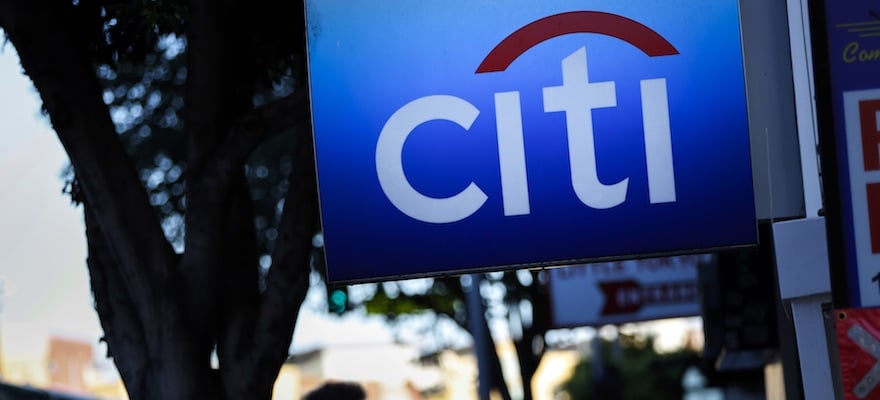The European and US banking sectors have been amongst the hardest hit of any industry in 2016. Heading into 2017 most lenders’ fortunes looked equally dire, given a litany of industry headwinds, Brexit , and the logistics of restructurings. However, the early returns so far in 2017 look quite positive, with financials now reporting Q1 earnings that are beating street estimates.
The London Summit 2017 is coming, get involved!
The end of 2016 showed most investors – and in less fortunate cases employees – what most of us already knew, that the banking sector was facing an existential crisis, shackled by diving revenues and profitability. Lingering Brexit woes only added a layer of turmoil to this quagmire, namely in one of the nexuses of the financial world, London.
Nearly every bank has seen some sort of job cuts recently, with many lenders opting to shed high labor-cost jobs such as back-office and IT roles, in many cases offshoring them altogether to Asia. London has been the hardest hit, losing thousands of jobs with the likes of Deutsche Bank, Standard Chartered, and Barclays all jettisoning sizable portions of their workforce.

Bloomberg
It wasn't supposed to be this way
In addition to this trend, most lenders are in the early stages of multi-year restructuring plans, typically associated with high degrees of turnover and incurred costs given transfers of business, etc. However, Q1 2017 so far has shown that the doom and gloom may be overblown, if at least for the first quarter of the fiscal year.
Earlier this week, JPMorgan and Citi both reported positive earnings. While being notable for their rebound from prior quarters, the two lenders did notch a rebound in specific segments left for dead virtually one quarter ago. Fixed income contributed strongly, notably in the case of Citi, helping boost its revenues for the quarter.
The narrative was largely similar with JPMorgan – however, many are now looking across the Atlantic to its UK counterparts, with the likes of Barclays, Lloyds, RBS, and others looking to also publish their Q1 filings.

Bloomberg
Smooth sailing?
One thing working in the favor of European lenders is the lack of debilitating fines that have handicapped their earnings in years past, i.e. Libor and FX rate rigging episodes. The industry has been devoid of any major scandal in Q1 2017, which historically has sapped billions in revenue streams on an aggregated basis.
Still, each lender is not out of the woods yet, respectively grappling a series of issues and domestic transitions. The first filings will be released by the end of the month, though if the earnings are anything like their US counterparts, investors could be in for a pleasant surprise.


















